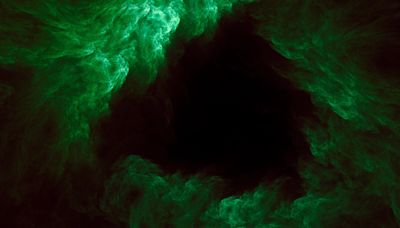Search results
The Big Bang was the early state of high density and temperature from which the universe expanded and cooled. It was first proposed as a physical theory in 1931 by Roman Catholic priest and physicist Georges Lemaître when he suggested the universe emerged from a "primeval atom".
May 6, 2024 · The Short Answer: The big bang is how astronomers explain the way the universe began. It is the idea that the universe began as just a single point, then expanded and stretched to grow as large as it is right now—and it is still stretching!
The big-bang model is the widely accepted theory of the origin and evolution of the universe from a hot and dense state 13.8 billion years ago. Learn about the assumptions, predictions, and observations that support this theory, as well as its alternatives and controversies.
- The Editors of Encyclopaedia Britannica
Learn how the universe evolved from the Big Bang, the origin of all matter and energy, and what it is made of. Discover the latest discoveries and stories about dark matter, dark energy, and the cosmic web.
Mar 25, 2024 · Learn how astronomer Fred Hoyle coined the term Big Bang in 1949 to describe the origin of the Universe, and how it became a popular and controversial concept. Explore the history and science of the Big Bang theory and its alternatives.
Sep 30, 2022 · Learn about the big bang, the event that created the universe 13.8 billion years ago. Find out how astronomers measure the expansion rate of the universe and what it reveals about its age and history.






